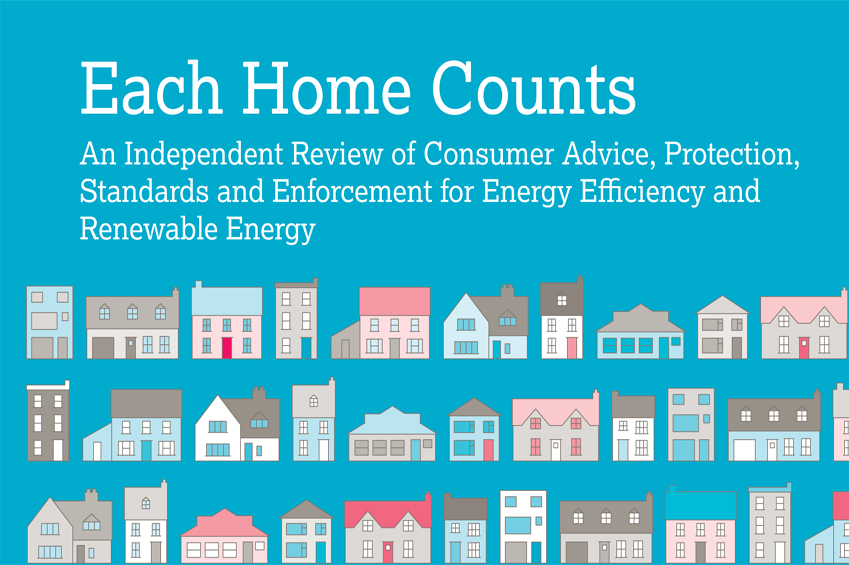‘The Gas Revolution-Fuelling the Future?’ This highly topical debate was moderated by Joel Kurtzman (Center for Sustainable Energy Future, Milkin Institute, USA) and he was in discussion with Morgan Bazilian (National Renewable Laboratory, USA), Charlotte Philipps (Xenon Capital Partners, Russia) Stephan Singer (Global Energy Policy, WWF International) and Dennis Hayter (Intelligent Energy, UK). The debate centred on the environmental cost of this dash for gas and whether unconventional natural gas (UNG) also known as shale gas could play a role in reducing carbon emissions; and if this fossil fuel could ever sit harmoniously with renewables.
Charlotte Philipps comparing the distribution of shale gas wells suggested that compared to the revolution in the US the rest of the world so far had only experienced a tea party. There are 110,000 fracking wells in the USA compared to approximately 200 in the rest of the world. She also reminded members of the panel that even during the height of the Cold War the supply of gas from Russia was never interrupted.
Stephan Singer emphasised that the development of shale gas is a perverse development in the light of climate change. In order to keep to an increase of 2°C the IEA (International Energy Agency) has stated 2/3 of current fossil fuel reserves should be left in the ground. He explained that there needs to be a paradigm shift in energy use and that if we think that UNG/ shale gas will play a major role in reducing carbon emissions we are just being fooled.
Dennis Hayter does not believe that shale gas will be an energy revolution in the UK because even if the reserves are there the percentage of it that is recoverable may be quite small. He proposed that it would be far better if in the UK DECC (Department of Energy and Climate Change) signed up to stronger renewable targets for renewable energy.
Charlotte Philipps countered that in her opinion consumers do not care where the energy comes from they just want lower bills and that politicians are not willing to increase taxes. Energy efficiency should therefore be high on the agenda for governments.
Joel Kurtzman suggested that shale gas might be used as a transitional bridge. A suggestion that prompted a response from Morgan Bazilian that the design of the bridge would have to be heavily regulated and it was difficult to see the world’s politicians being willing to take such a leap of faith.
What do you think? Is it possible for politicians to persuade consumers that we have to make the difficult shift away from fossil fuels if we are to reduce our carbon emissions and meet the targets set for 2020 and beyond?



